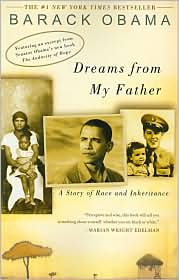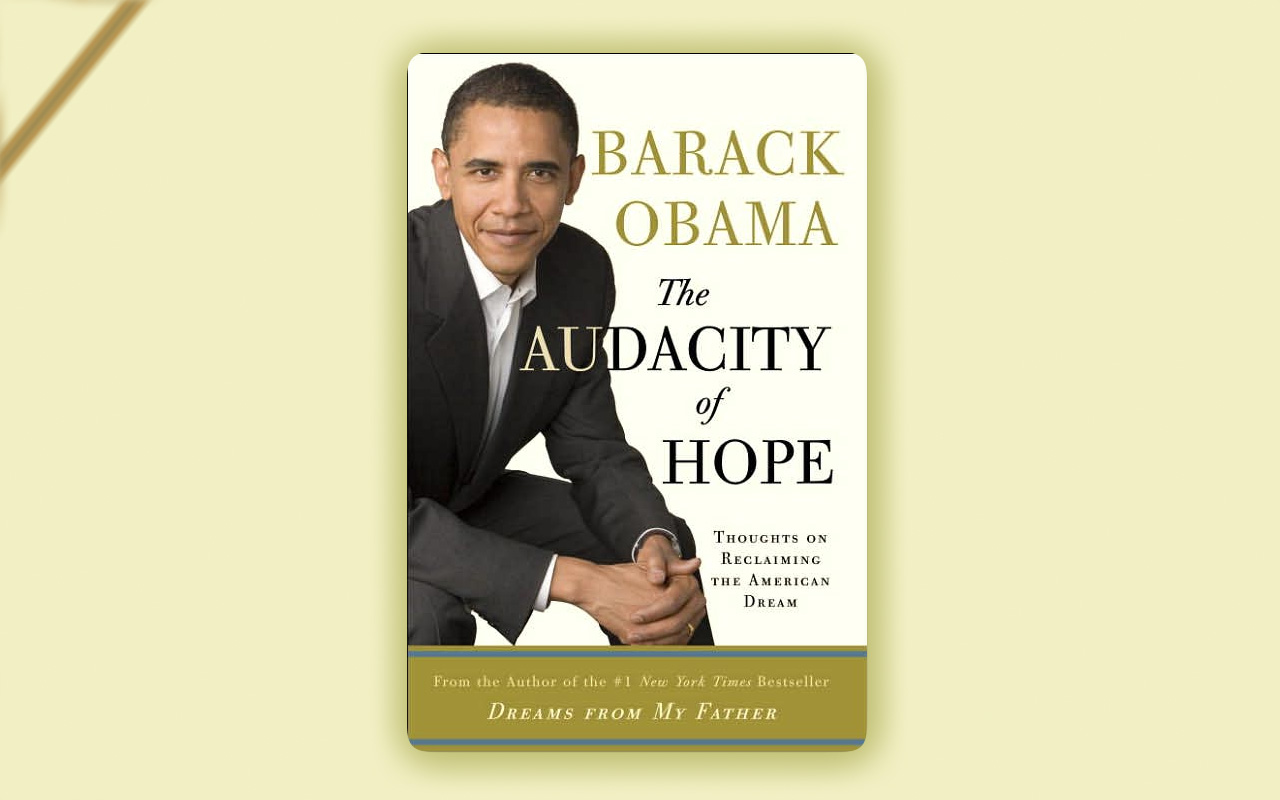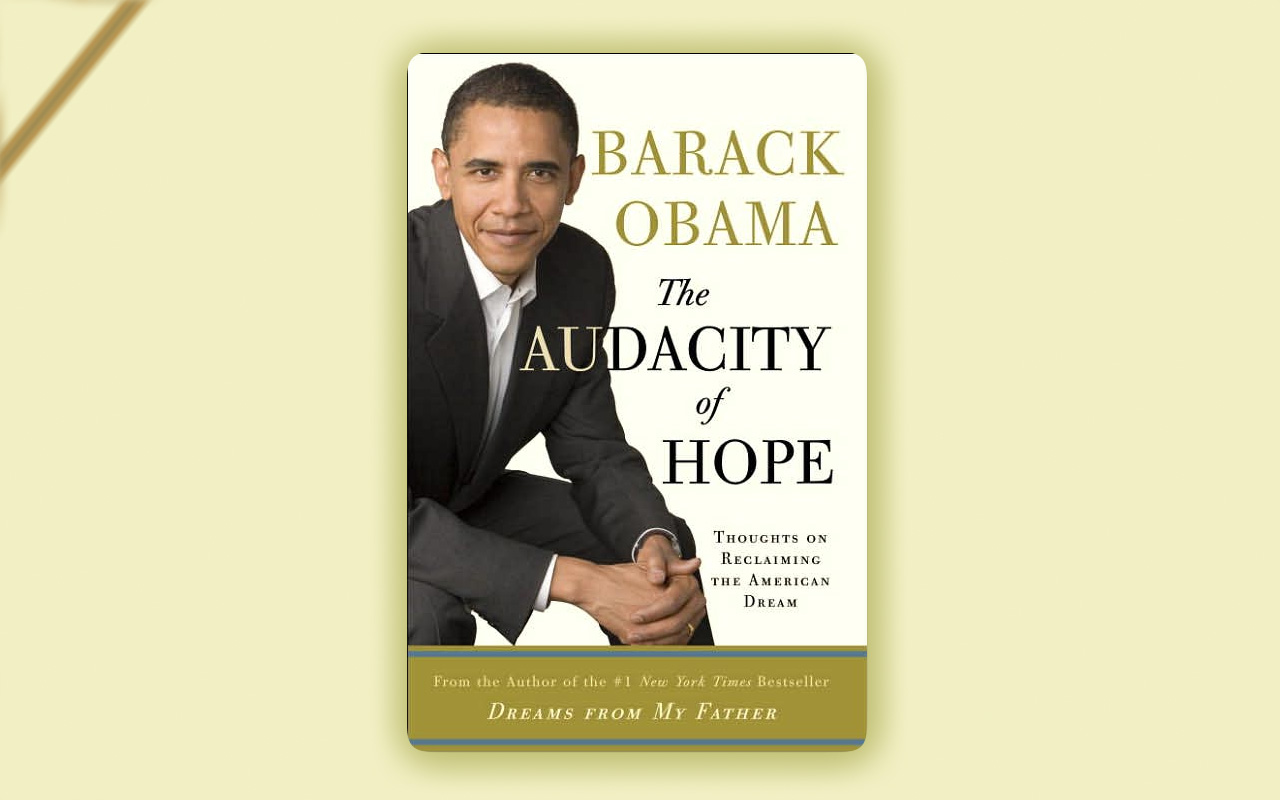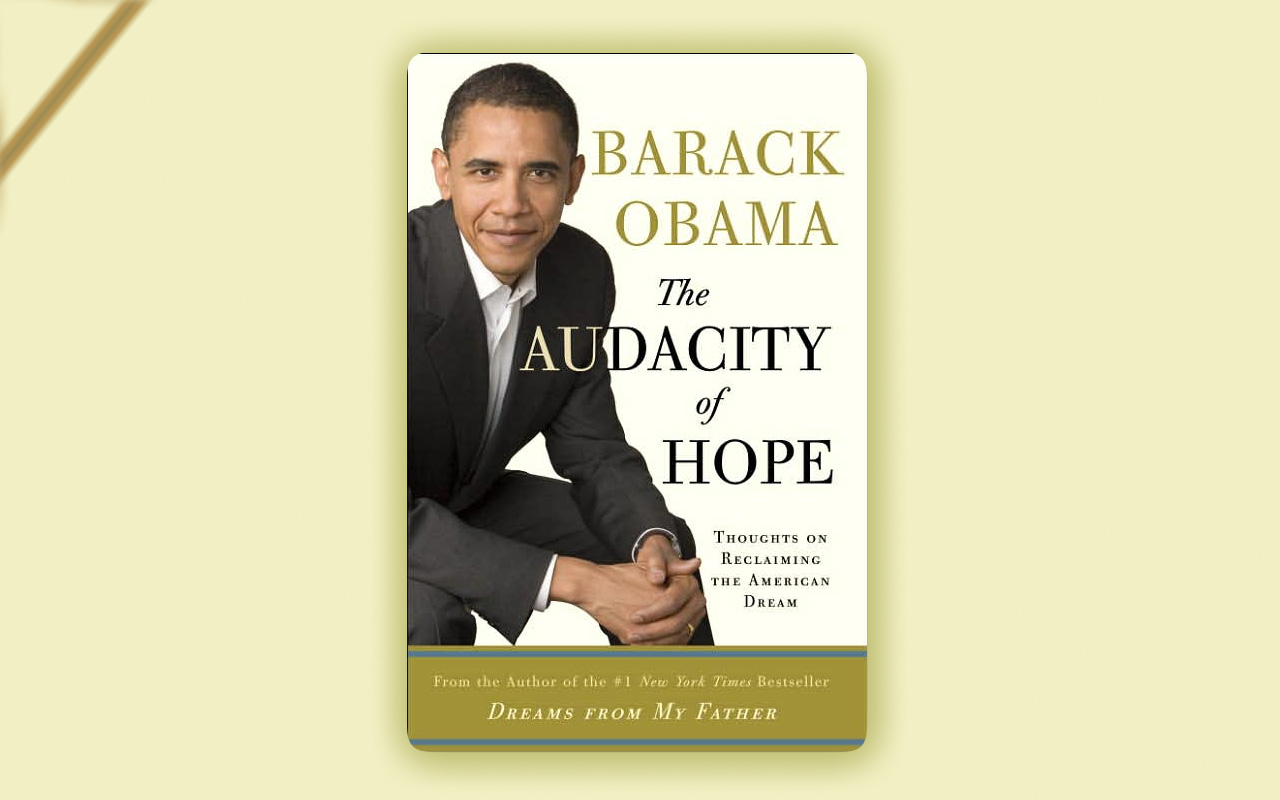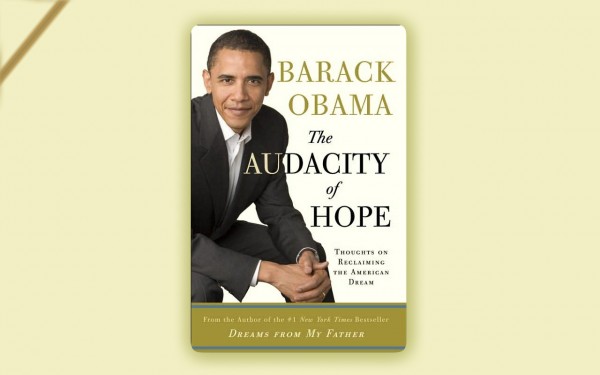I started reading this book while I was trying to write the summary of Audacity of Hope. It just absorbed me. Obama described his early life from childhood to late twenties. Because of the age similarities, I am able to relate more to what he wrote in this book than his second book. I often found myself stay up much later at night than expected reading it. Reading this book helps putting his second book into perspective. Now I am on the last chapter and am able to tell some reiterating themes in both books. Like his second book, it is one that worth rereading. And a summary is about to follow.
Tag: books
Book Summary — The Audacity of Hope 2
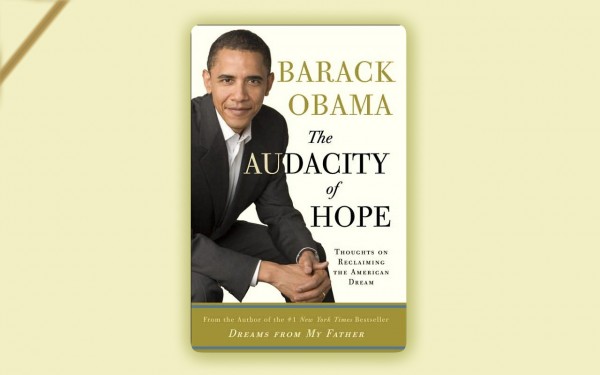 Chapter 3 on constitution reads more like a lecture note, especially the part where Obama ponders the origin of the US Constitution. After all, Obama himself have taught Constitution Law at University of Chicago. My knowledge on political philosophy is limited. In a philosophy course I took in the National University of Singapore, I read On Liberty by J.S. Mill, and Two Concepts of Liberty by I. Berlin. I enjoyed reading those texts the same as I enjoy reading this chapter, although I see the reading more of an intellectual experience than arguments that concerns my day-to-day life. However, this chapter does make me wonder one question, the question that a constitution seeks to answer — If one is given the task of building a nation, how would s/he design a system that balance the freedom of individuals with the necessary order of a community. Obama agrees with the answer that “one sees our democracy not as a house to be built, but as a conversation to be had”.
Chapter 3 on constitution reads more like a lecture note, especially the part where Obama ponders the origin of the US Constitution. After all, Obama himself have taught Constitution Law at University of Chicago. My knowledge on political philosophy is limited. In a philosophy course I took in the National University of Singapore, I read On Liberty by J.S. Mill, and Two Concepts of Liberty by I. Berlin. I enjoyed reading those texts the same as I enjoy reading this chapter, although I see the reading more of an intellectual experience than arguments that concerns my day-to-day life. However, this chapter does make me wonder one question, the question that a constitution seeks to answer — If one is given the task of building a nation, how would s/he design a system that balance the freedom of individuals with the necessary order of a community. Obama agrees with the answer that “one sees our democracy not as a house to be built, but as a conversation to be had”.
Chapter 4 titled Politics examined some of the institutional forces that have shaped US politics today: campaign (and money chase), interests groups, and media. Although at the beginning of the chapter he mentioned the conventional wisdom that “It is an American tradition to attribute the problem with our politics to the quality of our politicians”, by examining how universal human natures — such as ambition, the desire to win, and the fear to lose — plays out in politicians, including himself, Obama offers a more realistic picture of politicians, some of whom, as Obama puts it, would be wonderful companions. However, Obama did express great concerns in the structuring of Washington when he wrote “most people who serve in Washington have been trained either as lawyers or as political operatives — professions that tend to place a premium on winning arguments rather than solving problems”, particularly given the harsh truth that “In politics, there may be second acts, but there is no second place”.
One great quote, which I found a bit confusing when I first read it, reads: “I found comfort in the fact that the longer I’m in politics the less nourishing popularity becomes, that a striving for power and rank and fame seems to betray a poverty of ambition, and that I am answerable mainly to the steady gaze of my own conscience.”
Book Summary — The Audacity of Hope 1
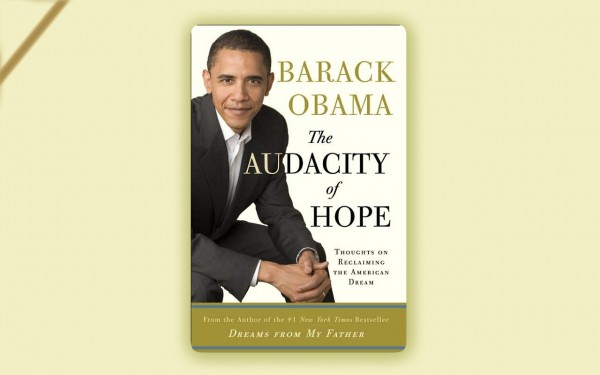
I finished reading the book about two weeks ago. Since then, I have been rereading it and editing my notes. Obama weaved his personal story of running for and serving as a US senator into a narrative of the large context of US politics. Both his experiences and his own interpretation of his experiences interest me. The text reflects his characters: his humility, his healthy dose of self-doubt, his intellectual power, and most of all his frankness.
Chapter 1 describes the status quo of politics — mainly the two parties, Democrat and Republican — and provided a brief historical perspective from after WWII till early 2000s on how the bittering partisanship have come about. When talking about his senator race, which he has won by sizable margin, he wrote “Still, there was no point in denying my spooky good fortune. I was an outlier, a freak; to political insiders, my victory proved nothing.” This moment of cool-headed self-awareness was followed by his description of the reality in Washington — “No wonder then that upon my arrival in Washington that January, I felt like the rookie who shows up after the game, his uniform spotless, eager to play, even as his mud-splattered teammates tend to their wounds.”
Quotable passages are abound: “I imagine they [ordinary citizens] are waiting for a politics with a maturity to balance idealism and realism, to distinguish between what can and cannot be compromised, to admit the possibility that the other side might sometimes have a point. They don’t always understand the arguments between right and left, conservative and liberal, but they recognize the difference between dogma and common sense, responsibility and irresponsibility, between those things that last and those that are fleeting.”
Chapter 2 on values, defined by Obama as “the standards and principles that the majority of Americans deem important in their lives, and in the life of the country”, is my favorite chapter. By asking and answering the central question “What are the core values that we, as Americans, hold in common”, Obama identified explicitly the “twin strands” of values — “the individualistic and the communal, autonomy and solidarity” — and the need of balancing between the two strands.
Among the first strand are individual freedom, self-reliance, self-improvement, risk-taking, drive, discipline, temperance, hard work, thrift and personal responsibility. Among the second strand are family, community, neighborliness, patriotism, citizenship, “a faith in something bigger than ourselves”, and “the constellation of behaviors that express our mutual regard for one another”, which include “honesty, fairness, humility, kindness, courtesy, and compassion”.
When one value overexerts itself — for example, from self-reliance and independence to selfishness, from ambition to greed, from patriotism to jingoism and xenophobia, and from charity to paternalism — we need its countervailing value to balance it.
These values are deeply personal to each individual, and at the same time universal. When Obama told the story of how he learned these values, he was reminded once and once again the golden rule his mother told him, “how do you think that would make you feel?”. His golden rule reminds me of the most elemental rule of behavior taught by Confucius, “Do not do to others what you would not have them do to you.” Both Obama’s rule and Confucian rule requires an exercise of empathy. Which is why they are universal.
I found this chapter particularly enlightening because I am in the process of digging into my own mind and trying to pin down my own personal values. Obama offered a way to self-examine one’s value: “when I was a community organizer back in the eighties, I would often challenge neighborhood leaders by asking them where they put their time, energy, and money. Those are the true tests of what we value, I’d tell them, regardless of what we like to tell ourselves. ”
One of my favorite quotes in Chapter 2 is this: “It is to insist that across Illinois, and across America, a constant cross-pollination is occurring, a not entirely orderly but generally peaceful collision among people and cultures. Identities are scrambling, and then cohering in new ways. Beliefs keep slipping through the noose of predictability. Facile expectations and simple explanations are being constantly upended. Spend time actually talking to Americans, and you discover that most evangelicals are more tolerant than the media would have us believe, most secularists more spiritual. Most rich people want the poor to succeed, and most of the poor are both more self-critical and hold higher aspirations than the popular culture allows. Most Republican strongholds are 40 percent Democrat, and vice versa. The political labels of liberal and conservative rarely track people’s personal attributes. ”
Some phrases that let me marvel at his ability to capture moments of insight: (lawyers and political operatives are professions that places) “a premium on winning arguments rather than solving problems”, no “blinding insight” (emerges from conversations on his champaign trail) , “glancing sadness” (he felt when seeing White House surrounded by three blocks of security forces.)
Current Reading: The Audacity of Hope
I probably bought this book two years ago, together with Obama’s first book Dreams from My Father. And then they stayed under my bed until last Christmas when I rediscovered them. I decided to get into the habit of bedtime reading, so this book becomes the first one. Currently on chapter 5.
Thought #1: eloquent. I guess I should have expected this before opening the first page, particularly because I was moved by his speech so many times during his 2008 presidential campaign. He is gifted with language.
Thought #2: a good introduction to American politics. I started to pay attention to US politics in the news after I moved to Toronto. At first, I am not even clear about the difference between liberal and conservative. Gradually, I picked up bits and pieces of information from friends, news, wikipedia, and Jon Stewart’s The Daily Show. Obama approaches the current (five years ago actually) politic discussion by combining his own personal experience as a new US senator with a historical perspective of the founding of US.
